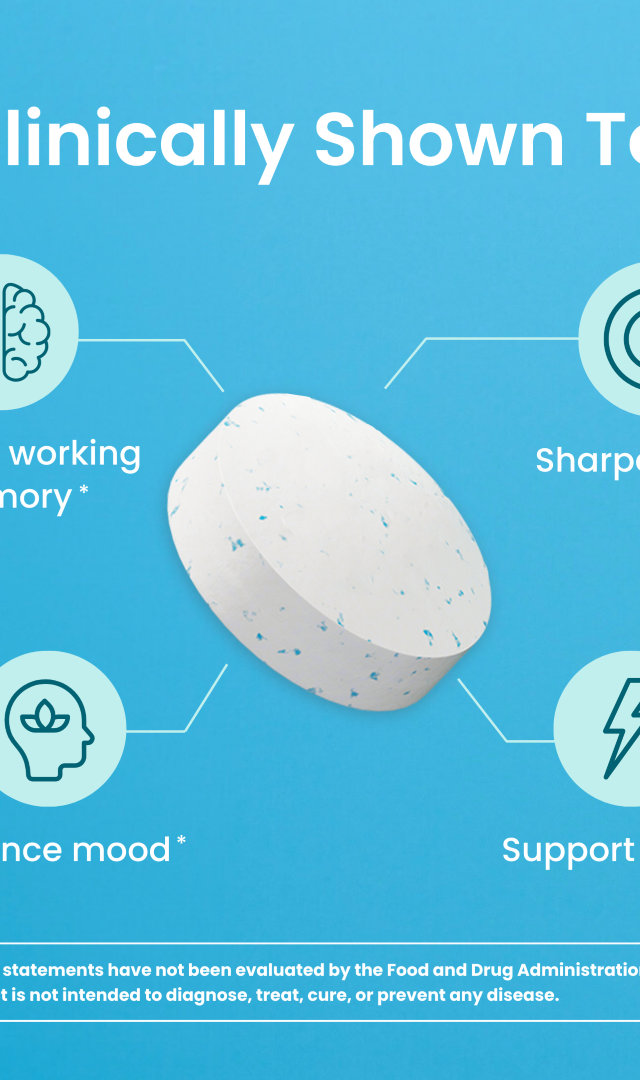The importance of sleep extends far beyond just banishing under-eye circles or preventing yawns. It plays a crucial role in our immune function and overall health. This blog dives into the science of how sleep affects our immune system and the ripple effects on our general well-being.
The Vital Connection Between Sleep and Immunity
When we sleep, our bodies are far from inactive. This rest period is a time for repair, rejuvenation, and, importantly, bolstering our immune defense. Here’s a closer look at this vital connection:
1. Restorative Power of Sleep:
During sleep, our bodies produce cytokines, a type of protein that targets infection and inflammation, effectively creating an immune response. Inadequate sleep may decrease the production of these protective cytokines, as well as infection-fighting antibodies and cells, making us more susceptible to illnesses.
2. Sleep's Role in Disease Prevention:
Chronic sleep deprivation has been linked to a higher likelihood of chronic health problems such as heart disease, diabetes, and obesity. Good sleep patterns help maintain the balance of the hormones that make you feel hungry (ghrelin) or full (leptin). When you're sleep-deprived, your ghrelin levels go up, and your leptin levels go down, leading to increased hunger and weight gain.

How Sleep Impacts Your Immune System and Overall Health
3. Impact on Mental Health:
A good night's sleep doesn't just boost your immune system; it also plays a critical role in mental health. Poor sleep is linked to higher stress, anxiety, and depression levels. Consistent quality sleep helps regulate mood, improve brain function, and enhance emotional well-being.
How to Improve Sleep for Better Immunity
Improving sleep quality can have a profound impact on your immune system and overall health. Here are some tips to help you get better sleep:
-
Set a Sleep Schedule: Go to bed and wake up at the same time every day, including weekends.
-
Create a Restful Environment: Ensure your bedroom is quiet, dark, and at a comfortable temperature.
-
Limit Exposure to Light: Reduce screen time before bed to help your brain prepare for sleep.
-
Be Mindful of Eating and Drinking: Avoid large meals, caffeine, and alcohol before bedtime.
-
Exercise Regularly: Regular physical activity can promote better sleep, helping you fall asleep faster and enjoy deeper sleep.
How Sleep Impacts Your Immune System and Overall Health
Sleep is a fundamental pillar of health, as crucial as a balanced diet and regular exercise. By prioritizing and improving our sleep, we do more than just rest our bodies. We empower our immune system, enhance our mental health, and invest in our long-term well-being. So, the next time you consider skimping on sleep, remember its profound impact on your immune system and overall health. Prioritize those precious hours of rest, and your body will thank you in countless ways.























